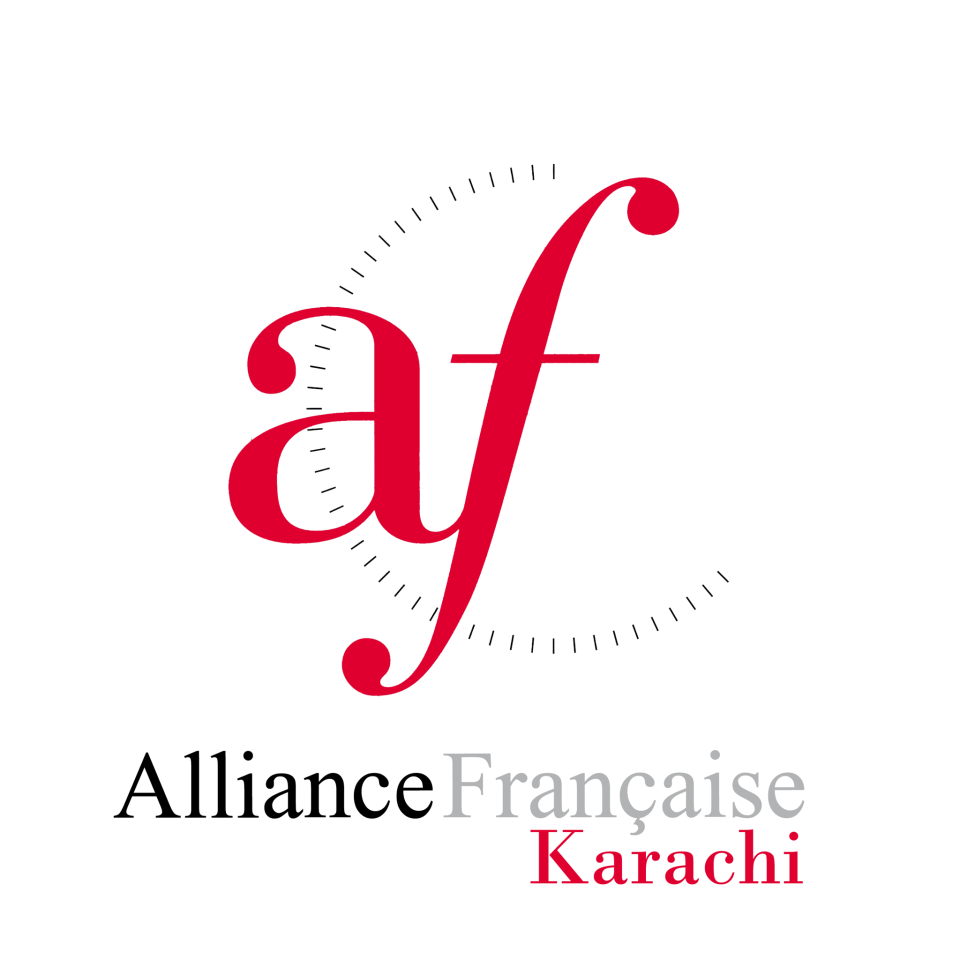
The programme will promote sharing of ideas between Pakistani intellectuals, academics, students, and journalists and French economists, anthropologists and opinion-makers on different topics related to Pakistan and South Asia. The purpose of this programme is to create a dialogue between French intellectuals and academics and their Pakistani counterparts.
The second dialogue of this series was arranged on Thursday evening at AF Karachi where Farzana Shaikh, a political historian and associate fellow at the Royal Institute of International Affairs in London, read her on-going research paper on “Recasting the politics of Sufism in Pakistan”.
In the paper, Shaikh has discussed how Sufi Islam was an instrument of political ideology in various parts of Pakistan, especially the rural Sindh and the rural Punjab. According to her, the trend of using Sufism as a political ideology was first set by Ayub Khan for mobilising the local sufi pirs against his opposition that consisted of fundamentalist Islamic parties and leaders.
“Lal Shahbaz Qalandar’s shrine was considered home to Bhutto’s political spirituality”, said Shaikh as she recalled how the first elected leader, Zulfiqar Ali Bhutto, also took help of Sufism to gain popularity among the masses, especially the ones hailing from his native Sindhi population. After Bhutto, Zia also declared Sufis as educated scholars of Islam.
She also discussed about the modern day politics and Sufism in her paper. She commended Tahiru -Qadari, the leader of Minhaj-ul-Quran on constructing a narrative reform of Islam against extremism. She spoke about parties like the PPP that are strongly rooted in rural Sindh and Punjab and hence support Sufism for their survival and growth. The support of Nawaz Sharif in the management of Data Darbar was also highlighted as she went on to talk about the state sponsored experiment with Sufism.
She concluded that the idea of Sufism as a counter narrative to extremism which is gaining more popularity in in the middle classes of urban Pakistan and the United states, as the world is trying to get to know ‘moderate’ Islam.

















COMMENTS
Comments are moderated and generally will be posted if they are on-topic and not abusive.
For more information, please see our Comments FAQ